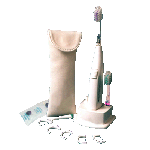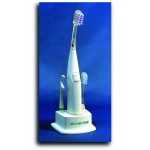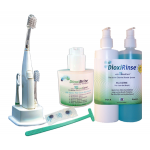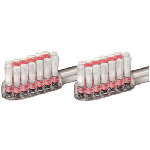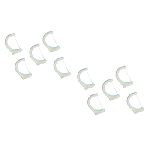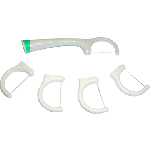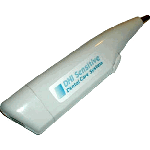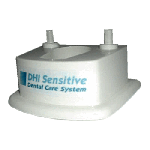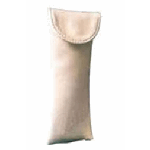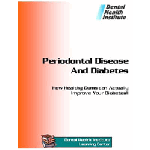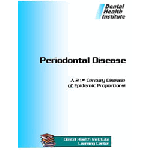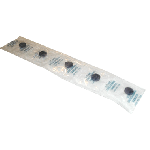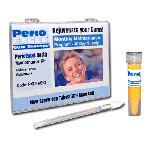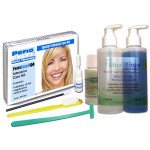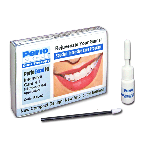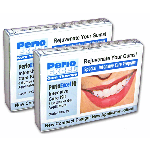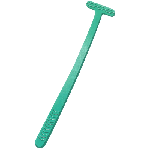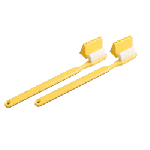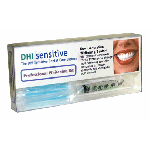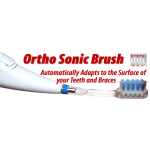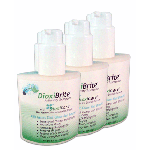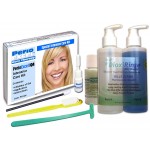You have no items to compare.
Save Your Teeth
Have you ever wondered why some people seem to have perfectly healthy teeth seemingly without effort, while you struggle and face many problems despite putting a lot of effort into your oral care? It is a known fact that two people with the exact same oral care efforts can have very different teeth conditions. Genetics, oral flora, nutrition, eating habits and food all can have a pronounced effect on the condition of your teeth.
Apart from hereditary predisposition, diet and nutrition play a vital role in keeping your teeth healthy. The type of food you eat can be good for your teeth or lead to their destruction. In the United States, the highest percentage of untreated tooth decay in permanent teeth is found for people aged 20-34. Cases of tooth decay decrease for the age bracket between 35 to 64 years, but tooth loss increases. This means that if you do not take the necessary steps to save your teeth now, you may not have many of your own natural teeth left when you reach 65.
Some key pointers to help you to save your teeth:
Food intake. Rule #1 is to reduce your consumption of sugar! This has a positive impact on oral care and will also help your waist line. Also, eat raw foods that can help keep your teeth clean, like raw carrots or apples, etc. And avoid snacks in the evening, especially after brushing your teeth. Bacteria in your mouth metabolize foods rich in sugars and starch and create acids as by-products. These acids can eat away at your tooth enamel and cause tooth decay.
Brushing habits. Rule#2: Always brush your teeth after every meal. Dental experts recommend brushing your teeth at least twice a day, using a soft or ultrasoft toothbrush. Brush all sides of your teeth, top and bottom, front and back to remove any dental plaque that may have accumulated. Don’t share your brush with your partner and replace your brush regularly.
Use plaque disclosing tablets. These help in revealing the areas of the teeth where dental plaque has accumulated. Some tablets may even identify areas where plaque has built up over time, so areas that need special attention when brushing.
Practice interdental cleaning. Rule #3 is to clean the spaces between the teeth. Floss is a good starter and is usually effective in removing food particle stuck between your teeth. But many dentists recommend the use of tiny brushes that fit in the spaces between the teeth. These brushes really allow for thorough cleaning and may help prevent gum irritation due to deposits between the teeth. These deposits can lead to full blown inflammation and the formation of periodontal pockets if not removed daily.
Rinse. After you brush your teeth, you need to rinse with copious amounts of water. Rinsing has a number of benefits, such as reducing concentrations of bacteria and digestive enzymes in the mouth, rinsing out accumulations of food particles and disrupting or slowing down the formation of dental plaque. Obviously using a mouth rinse solution will enhance the antibacterial effect and may help to slow down the growth of bacteria for several hours.
Limit Tobacco Use. Tar and Nicotine in cigarette, cigars or other tobacco products have a negative effect on gum health and oral health in general. So kicking the habit will also help to improve your oral care, sometimes dramatically.
Use Natural Toothpastes. Many commercial toothpastes contain potentially harmful chemicals such as sodium lauryl sulfate. A good natural toothpaste will support the tooth cleaning process while providing nutrients to the gums and teeth.
The first step to saving your teeth is understanding the risks and pitfalls and setting up an oral care regimen that is adapted to your personal situation. With a few simple tricks and tips, you could be on your way to perfect natural teeth for a lifetime.


